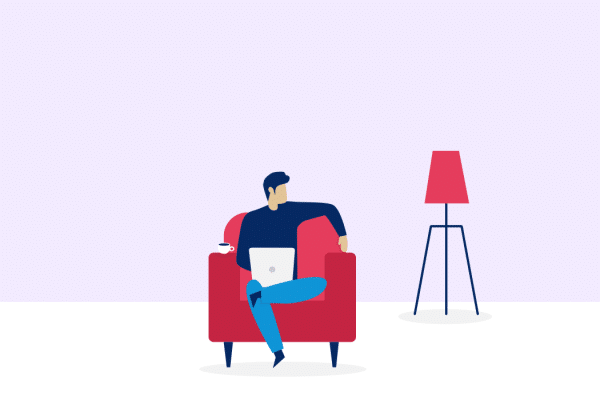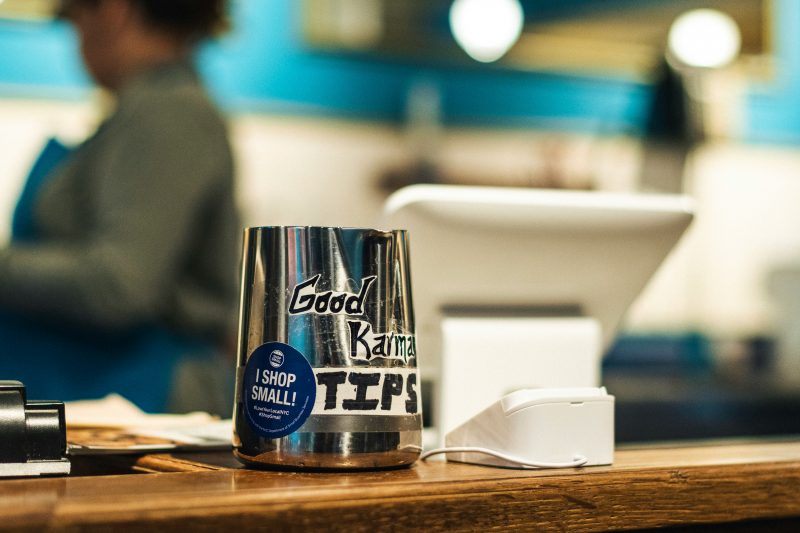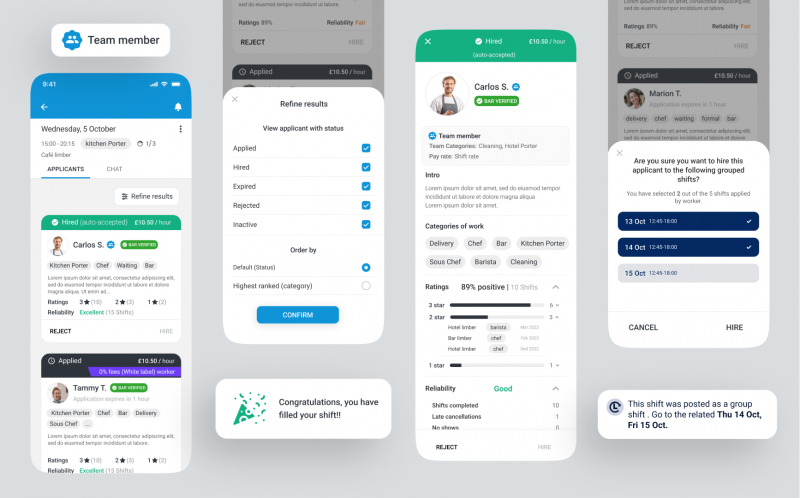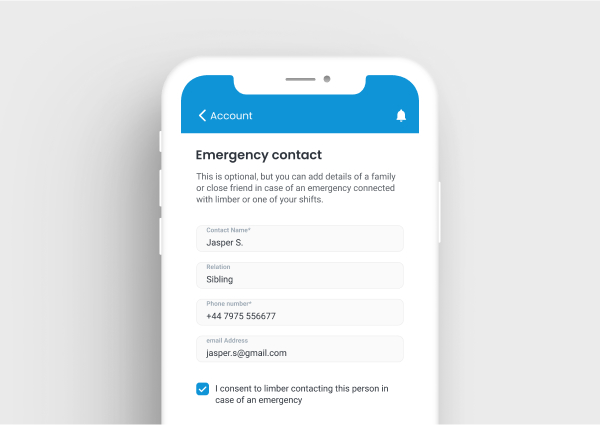Coronavirus is understandably taking its toll on people’s mental health, with the constant news and updates on the pandemic leaving many people feeling uncertain, insecure and afraid about the future. For those who already suffer from anxiety and OCD, it is likely to be an even more difficult time.
However, it’s important for us to remember that people are resilient and society has faced extremely tough times before and pulled through. We will do it again, and we will come out the other side of this – stronger and more compassionate than before.
Here are some tips for keeping on top of your mental health:
Take regular exercise
It’s been clinically proven by absolutely every scientist worth listening to that mental wellbeing and physical exercise go hand in hand. It’s like that you’ll have more time on your hands than ever before, so take the opportunity to focus on self- care by getting for a walk or run or using free workout apps/videos that you can do at home
Limit News Consumption
The news coverage has been relentless lately, so try to limit the amount of time you spend reading or watching things that are making you feel worse. It’s important to stay up to date with the situation, but a few minutes at the start and end of the day should be enough, so decided on a specific time to check the news and stick to it.
When reading material, also try to analyse whether it sounds sensationalist or not. Is it from a reputable source or is it just a keyboard warrior? Try and understand that much of what will be reported can be based on worst-case scenarios.
Take time away from your phone and social media
Mute anything that you find triggers feelings of helplessness or anxiety. With more time on our hands, it can be tempting to spend longer periods scrolling the net but this can often make anxiety worse. Take time away from group chats and Facebook groups if you’re finding them overwhelming and consider doing something mindful like reading a book, drawing or cooking. Now is the time to do all those things we often find hard to squeeze in.
Stay connected
Increasing numbers will join those already in self-isolation so now might be a good time to make sure you’re keeping in regular contact with friends and family. Scheduling regular check-ins and facetime calls is a good way to make sure you don’t go for extended periods of time without chatting to someone and will help add structure to the day for those who are self-isolating.
Wash your hands appropriately
Advice to step up hand washing can be triggering for those who have recovered from OCD because it’s a behaviour they would normally avoid. Charity OCD Action says the issue to look out for is the function – for example, is the washing being carried out for the recommended amount of time to reduce the risk of spreading of the virus – or is it being done ritualistically in a specific order.
Maintain a routine
If you’re self-isolating, strike a balance between having a routine and making sure each day has some variety. It’s important to have dedicated work and downtime and to do something productive every day.
Don’t be afraid to ask for help
This is a scary time for many of us and it’s okay to feel as if you need some extra support. Check out the following resources:
Also, there are fewer shifts going on and no one for our customer team to chat to – so if you just want to chat with someone, don’t hesitate to head over to the app and speak to us.




